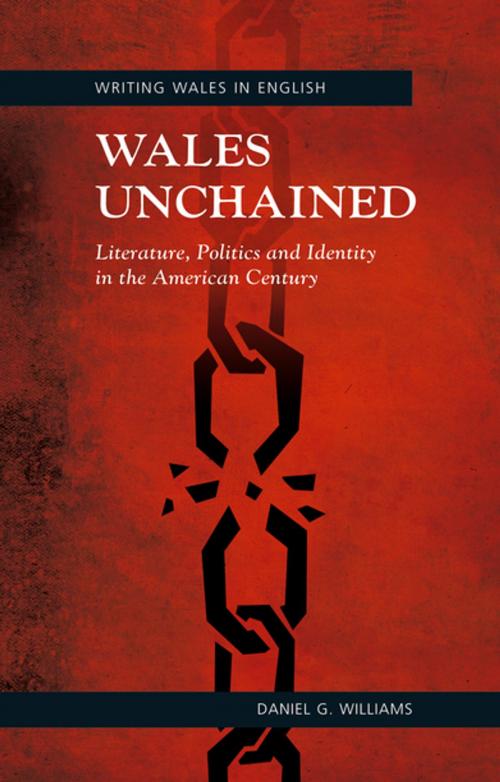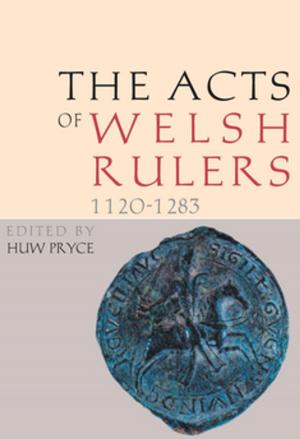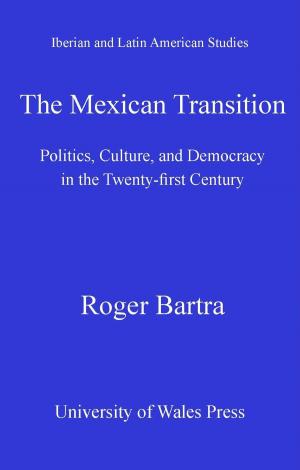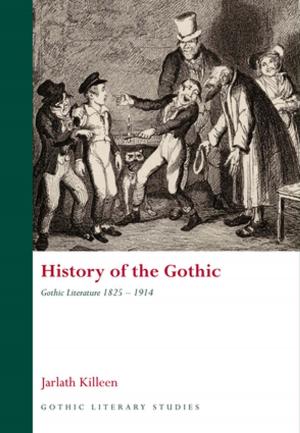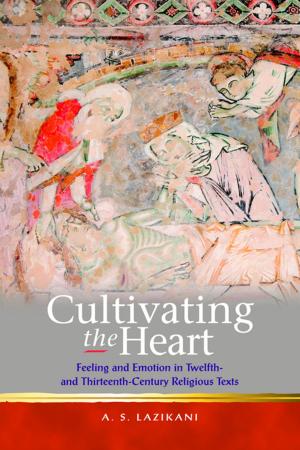Wales Unchained
Literature, Politics and Identity in the American Century
Fiction & Literature, Literary Theory & Criticism, British, Nonfiction, Social & Cultural Studies, Political Science| Author: | Daniel G. Williams | ISBN: | 9781783162147 |
| Publisher: | University of Wales Press | Publication: | April 15, 2015 |
| Imprint: | University of Wales Press | Language: | English |
| Author: | Daniel G. Williams |
| ISBN: | 9781783162147 |
| Publisher: | University of Wales Press |
| Publication: | April 15, 2015 |
| Imprint: | University of Wales Press |
| Language: | English |
In Wales Unchained Daniel G. Williams explores how Welsh writers, politicians and intellectuals have defined themselves – and have been defined by others – since the early twentieth century. Whether by exploring ideas of race in the 1930s or reflecting on the metaphoric uses of boxing, asking what it means to inhabit the ‘American century’ or probing the linguistic bases of cultural identity, Williams writes with a rare blend of theoretical sophistication and accessible clarity. This book discusses Rhys Davies in relation to D. H. Lawrence, explores the simultaneous impact that Dylan Thomas and saxophonist Charlie Parker had on the Beat Generation in 1950s America, and juxtaposes the uses made of class and ethnicity in the thought of Aneurin Bevan and Paul Robeson. Transatlantic in scope and comparative in method, this book will engage readers interested in literature, politics, history and contemporary cultural debate.
In Wales Unchained Daniel G. Williams explores how Welsh writers, politicians and intellectuals have defined themselves – and have been defined by others – since the early twentieth century. Whether by exploring ideas of race in the 1930s or reflecting on the metaphoric uses of boxing, asking what it means to inhabit the ‘American century’ or probing the linguistic bases of cultural identity, Williams writes with a rare blend of theoretical sophistication and accessible clarity. This book discusses Rhys Davies in relation to D. H. Lawrence, explores the simultaneous impact that Dylan Thomas and saxophonist Charlie Parker had on the Beat Generation in 1950s America, and juxtaposes the uses made of class and ethnicity in the thought of Aneurin Bevan and Paul Robeson. Transatlantic in scope and comparative in method, this book will engage readers interested in literature, politics, history and contemporary cultural debate.
